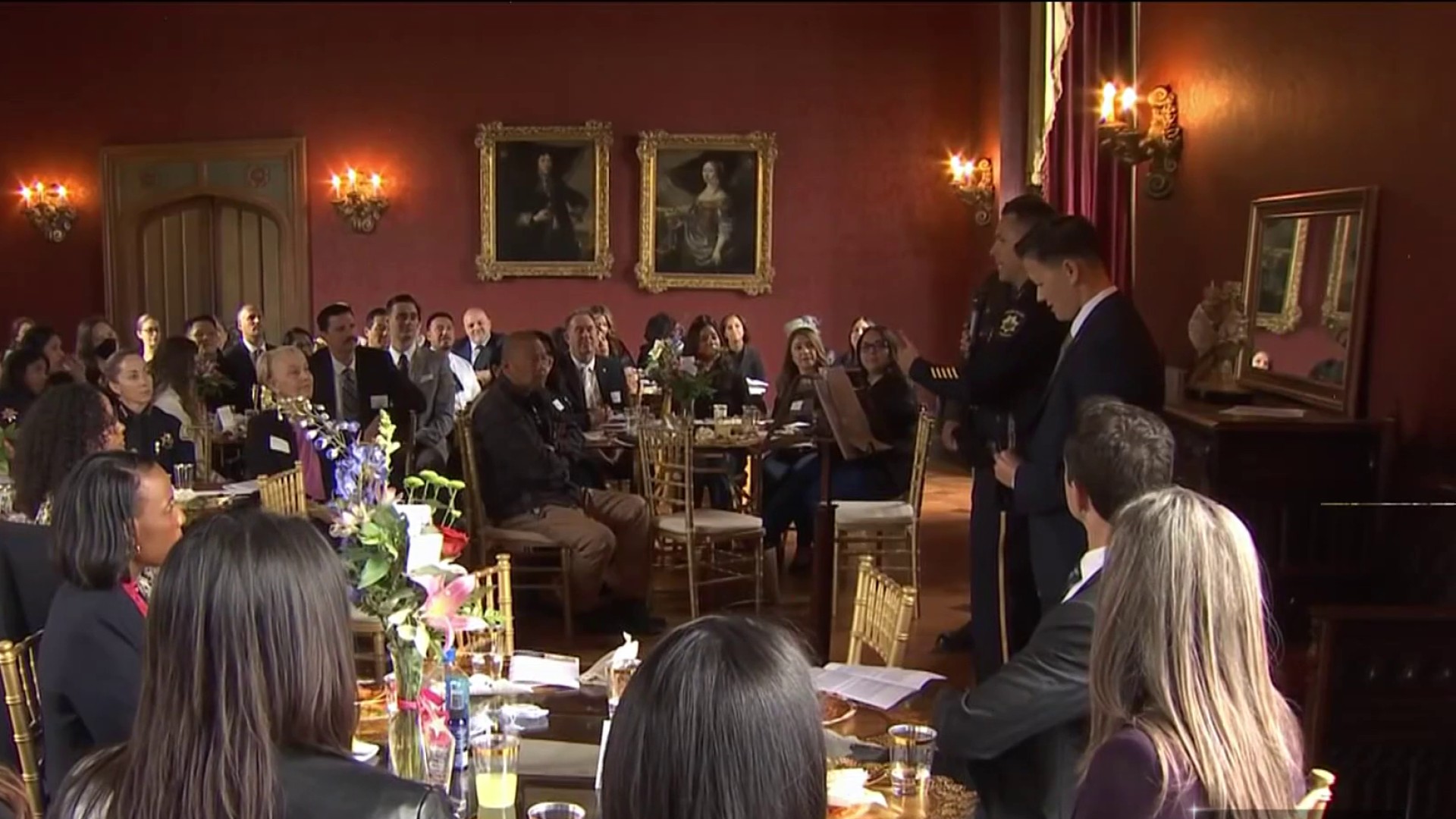Thirty years ago today on June 5, 1981 the first cases of what would become known as AIDS were reported. The disease that was centered in San Francisco was first detected in Los Angeles.
View CDC Report dated June 5, 1981 | AIDS FAQ
Those first cases were reported as "Pneumocystis carinii pneumonia (PCP)." A UCLA researcher, Dr. Michael Gottlieb, published articles about "otherwise healthy young gay patients experiencing fungal infections and PCP" in the Centers for Disease Control's Morbidity and Mortality Weekly Report.
The articles caught the attention of doctors in the Bay Area who noticed similar symptoms in their patients.
San Francisco General hospital admitted its first AIDS patient in July of 1981.
By October, five months after the first cases were reported, the Centers for Disease Control declared the new disease an epidemic.
A year later, the CDC gave the disease a new name -- Acquired Immune Deficiency Syndrome (AIDS).
"They finally gave a name to the horror that was about to begin," said West Hollywood Mayor John Duran, who was diagnosed with AIDS in 1994. "For many of us, it has been all encompassing for most of our adult lives."
The anniversary is top of mind for the hundreds of bicylists who are spending this week raising money for AIDS research.
The 7-day bike ride began in San Francisco Sunday morning and will end in Los Angeles next weekend. Riders say it's life-changing effort for the riders. Organizers say the ride is designed to advance their shared interest to end the pandemic and human suffering caused by AIDS.
Local
In the past 30 years, 25 million people have died due to AIDS-related illnesses.
Right now, more than 33 million people are living with HIV/AIDS. More than two-thirds of the current cases are in Africa where the epidemic rages out of control despite prevention efforts.
Related: Get Tested



